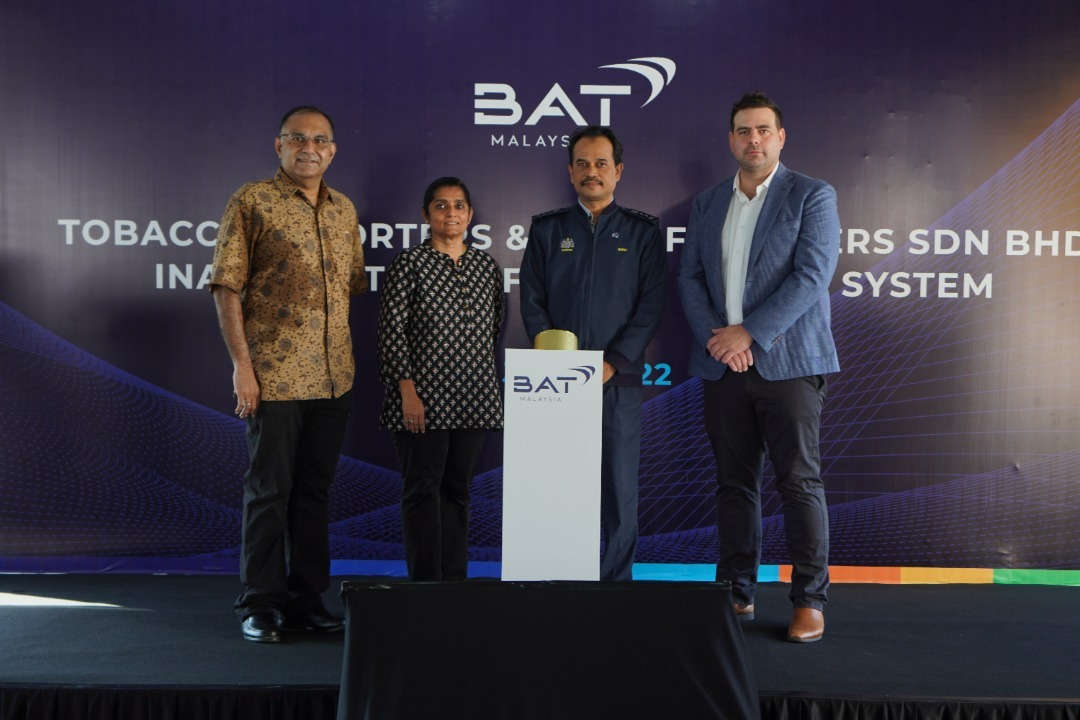BRITISH American Tobacco (M) Bhd has achieved carbon neutrality for its Johor Bahru factory, further reaffirming the group’s commitment to achieve net zero emissions by 2050.
The certification received by the group is in accordance with PAS 2060, the internationally recognised specification for carbon neutrality for the period Dec 1, 2020 to Nov 30, 2021.
This milestone was announced during the launch of the factory’s solar power system which was inaugurated by the Johor Customs Department director Sazali Mohamad yesterday (July 4).
Fully installed in May this year, the solar power system will generate some 103Mwh (megawatt-hour) energy annually, powering about 60% of the factory through the year. In total, the solar power system will generate savings close to RM1 mil over 20 years.
“Businesses have a profound opportunity to help build a more sustainable future. Climate action can be the foundation for a new era of innovative potential, job creation, and economic growth,” commented BAT Malaysia’s commercial marketing director Bryce Green.
“This global certification (PAS 2060) follows years of reductions made at every stage of our supply chain, and is part of a clear ambition that we have set for ourselves in reducing emissions across all our business units.”
The main contributors to BAT Malaysia’s GHG (greenhouse gas) emissions are its factory, fleet and electricity usage. In 2021, the group achieved a reduction in total carbon emissions by 10.5% from the previous year.
This was mainly due to various initiatives, including the restructuring of its business model and energy-saving campaigns. By 2030, the group is committed to use 100% renewable energy, reduce scope 1 and 2 emissions by 30% and scope 3 (all other indirect GHG emissions) by 50% with 2017 as the baseline.
BAT Malaysia’s Johor Bahru factory is a manufacturing unit that manufactures, stores finished-good cigarettes, and imports tobacco raw materials.
Within 24 months from the commencement of its operation in Johor, the factory was able to make a remarkable reduction of its carbon footprint by 40% through various initiatives such as shift optimisation, improved air conditioning usage, embedding sustainability awareness, and reduction of electricity consumption through motion sensors and usage of energy saving devices.
The overall carbon emission for the Johor Bahru factory for 2021 was computed at 91.0 tCO2e/year (tCO2e = tonnes of carbon dioxide equivalent).
“We are proud of our environmental journey and the ambitious roadmap we have set for the future to achieve net zero emissions by 2050,” BAT Malaysia’s operations director Remeena Prabhakaran pointed out.
“We are focused on, committed to, and motivated by this objective, and we will achieve it, thanks to the passion and the continued efforts of our people to reduce carbon footprint. Structures and processes are in place to conduct robust reviews on initiatives pertaining to the environment key performance indicators.” – July 5, 2022









